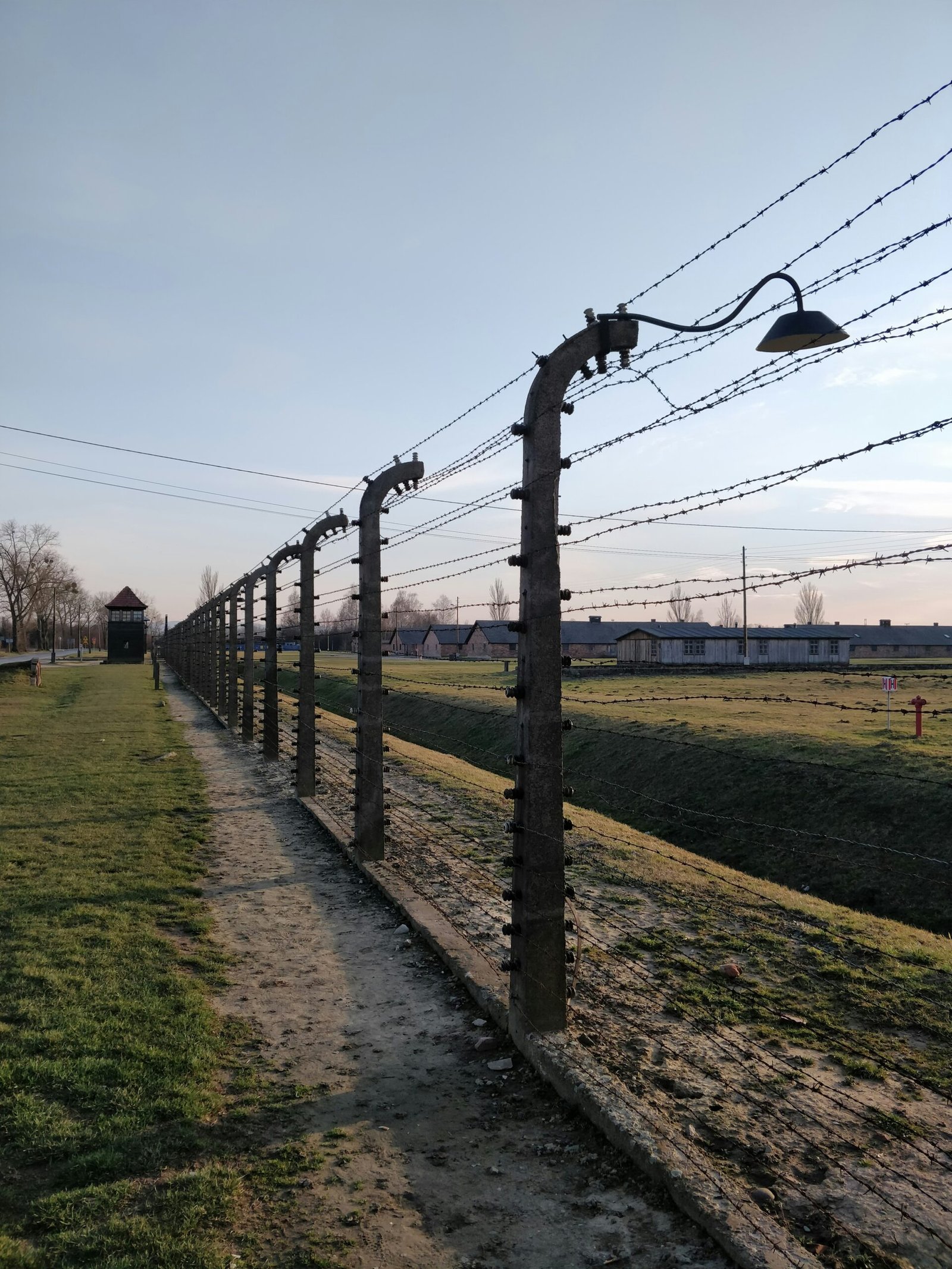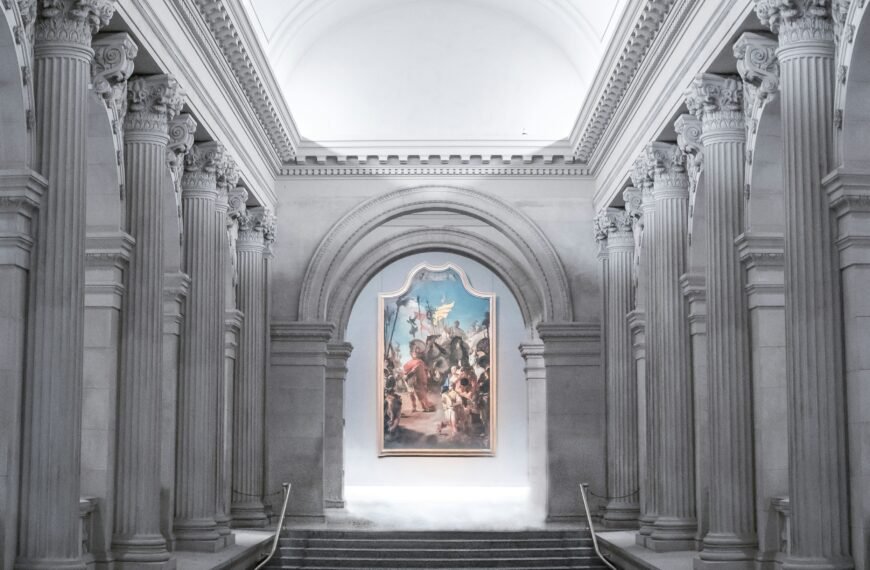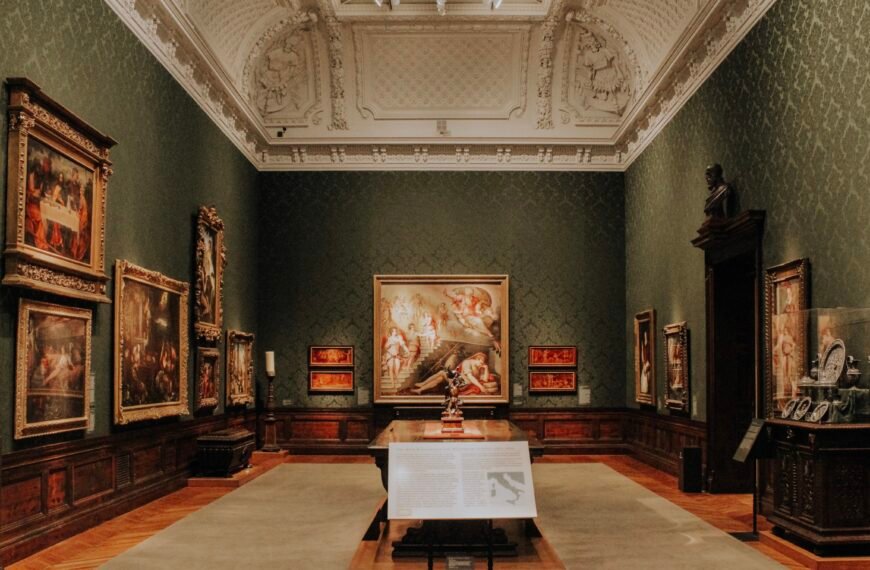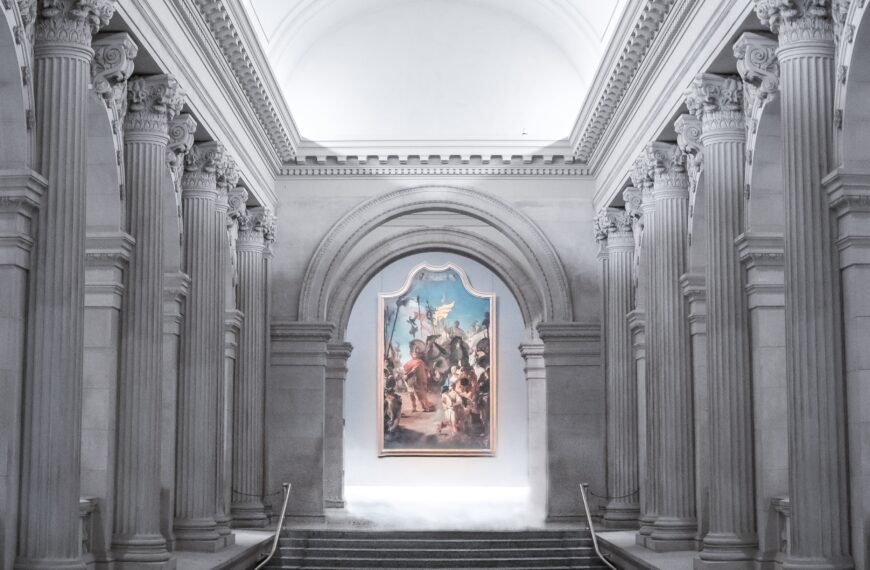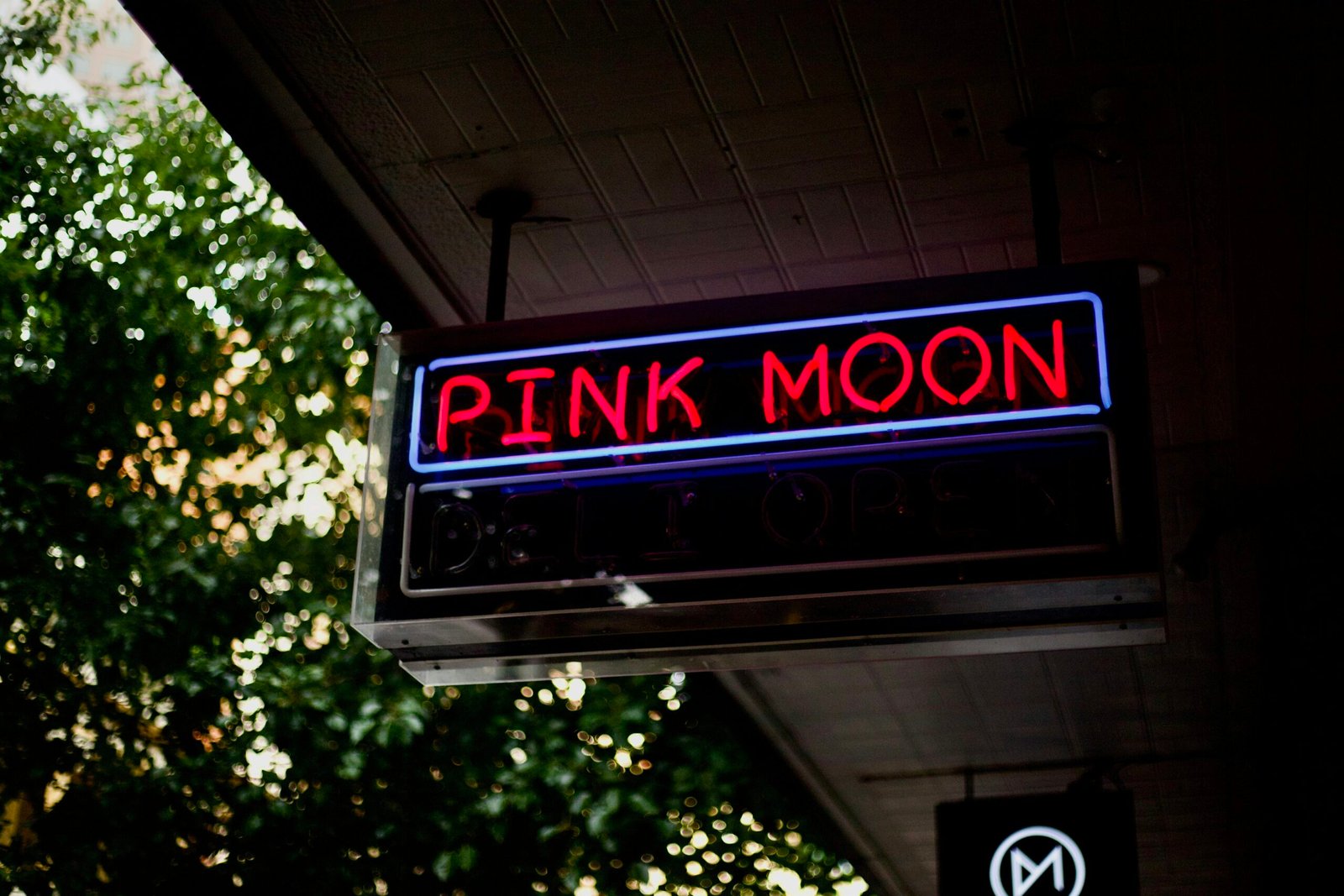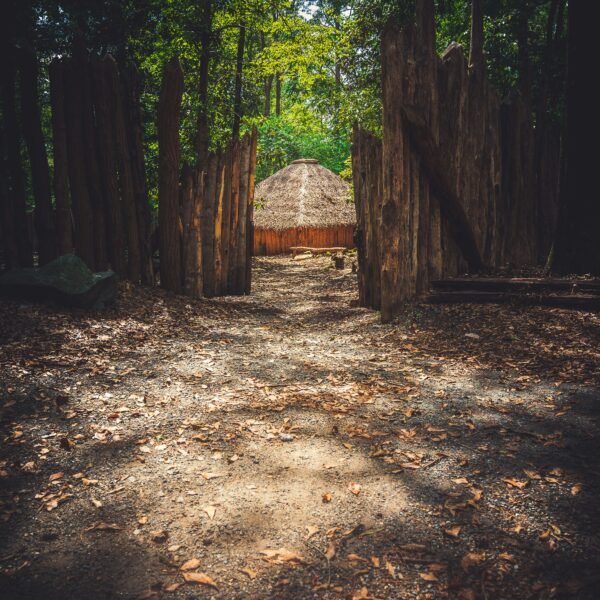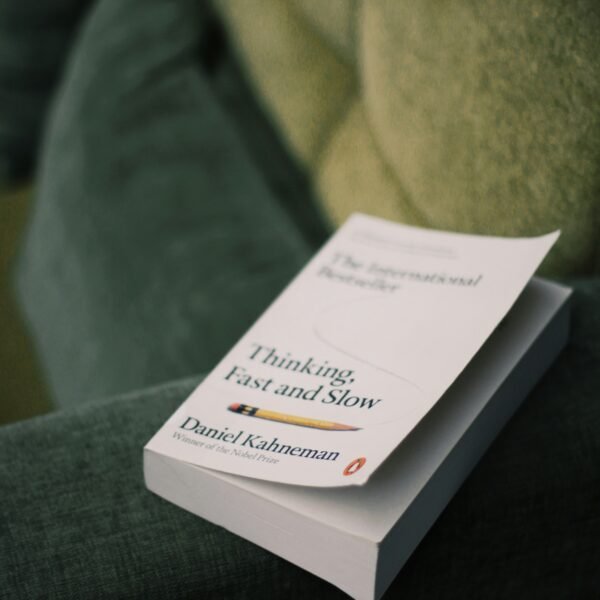If you’re looking to pay tribute to the victims and educate yourself about one of the darkest chapters in human history, then the Holocaust Museum is an absolute must-visit. Located in the heart of the city, it serves as a poignant reminder of the atrocities committed during World War II. By immersing yourself in the exhibits and artifacts, you’ll gain a deeper understanding of the Holocaust and its impact on the world. So, if you’re wondering where to find this important memorial, read on to discover the exact location of the Holocaust Museum.
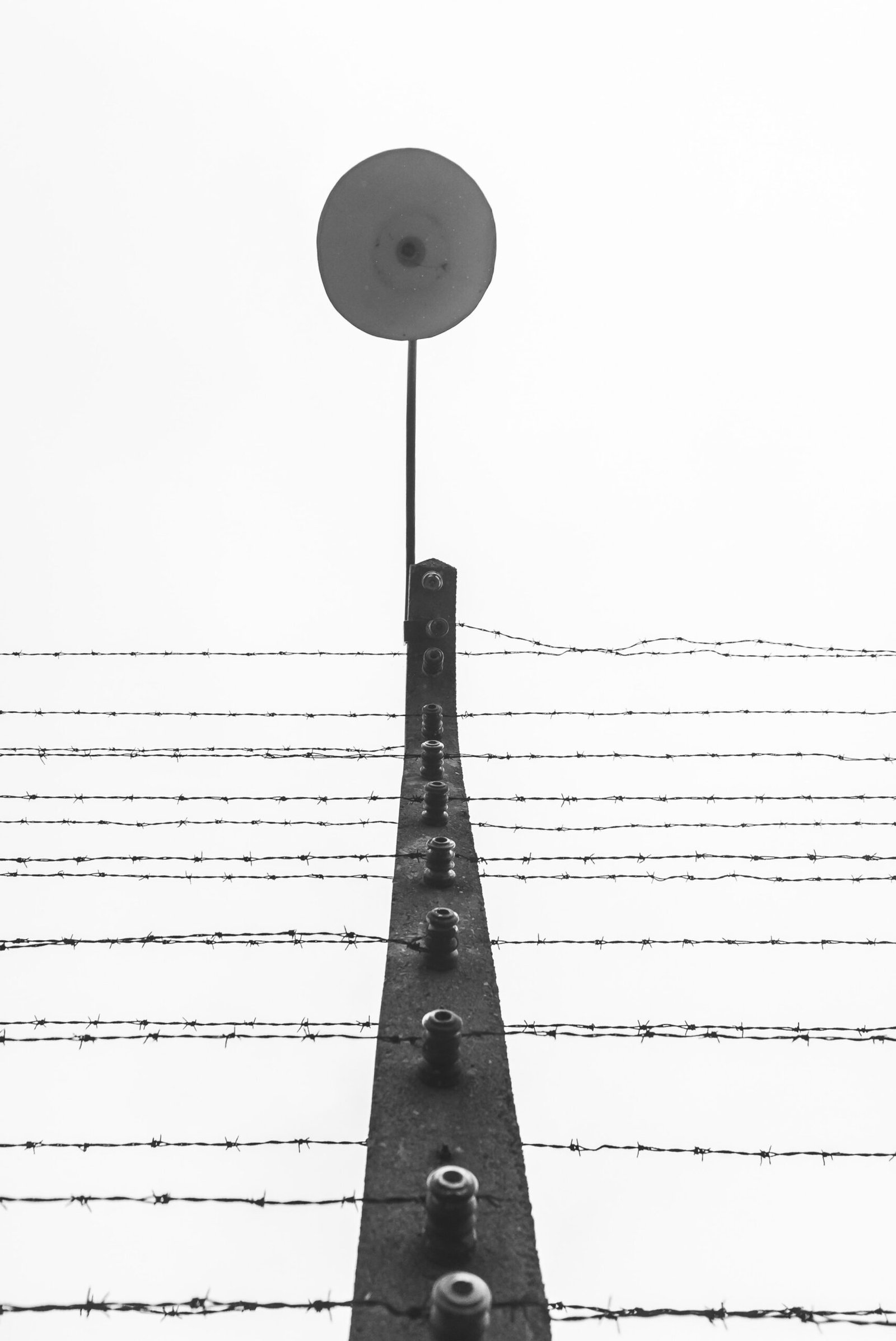
History of the Holocaust Museum
The establishment of the Holocaust Museum marks an important milestone in preserving the memory of one of the darkest periods in human history. The museum was founded with the goal of creating a space where the stories and experiences of Holocaust victims and survivors can be shared and remembered for generations to come.
Purpose of the Museum
The primary purpose of the Holocaust Museum is to educate visitors about the history and impact of the Holocaust. Through its exhibits, the museum aims to provide a comprehensive overview of the events leading up to and during World War II, as well as the aftermath of the Holocaust. By presenting historical artifacts, personal testimonies, and interactive displays, the museum seeks to honor the memory of the millions of people who lost their lives and to raise awareness about the dangers of discrimination, hatred, and genocide.
Significance of the Holocaust Museum
The Holocaust Museum holds great significance in preserving the memory of the Holocaust and serving as a powerful reminder of the atrocities committed during that time. It serves as a place of remembrance, ensuring that the victims of the Holocaust are never forgotten. Additionally, the museum plays a crucial role in educating the public, promoting understanding and empathy, and inspiring visitors to take a stand against prejudice and injustice in their own lives.
Location and Address
The Holocaust Museum is located in a prominent area, easily accessible to visitors from various parts of the city. Its specific address is 100 Raoul Wallenberg Place, SW, Washington, DC 20024-2126.
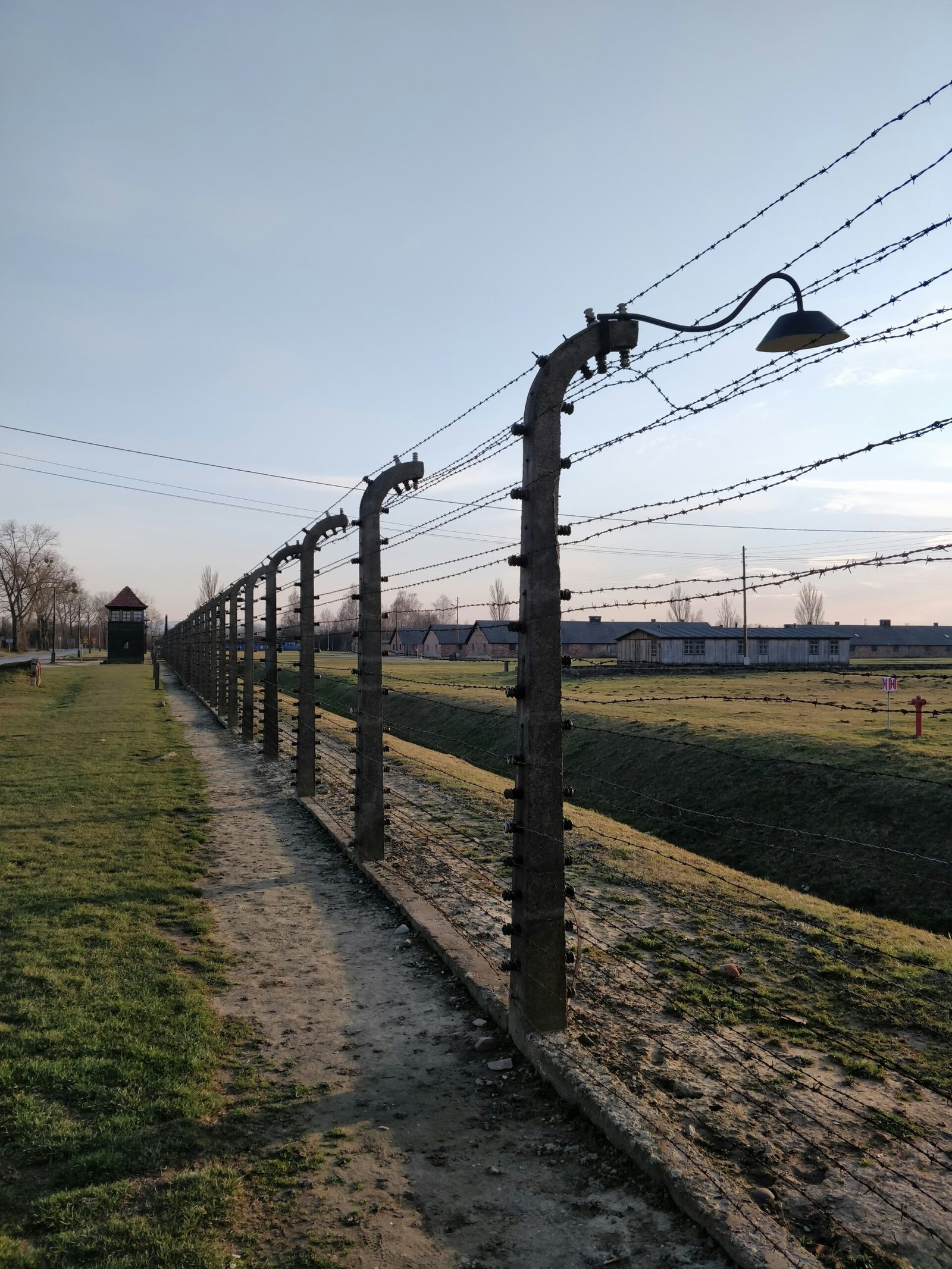
City and State where the Museum is Located
The museum is situated in the vibrant city of Washington, D.C., which is the capital of the United States. As the nation’s capital, Washington, D.C. holds immense historical and cultural significance, making it an ideal location for a museum dedicated to remembering and educating about the Holocaust.
Accessibility of the Museum
The Holocaust Museum is committed to providing accessibility to all visitors. The facility is equipped with ramps, elevators, and wide hallways to accommodate visitors with disabilities. Wheelchairs are available on a first-come, first-served basis for those who require them. Additionally, the museum provides assistive listening devices and captioning for video presentations to ensure that individuals with hearing impairments can fully engage with the exhibits.
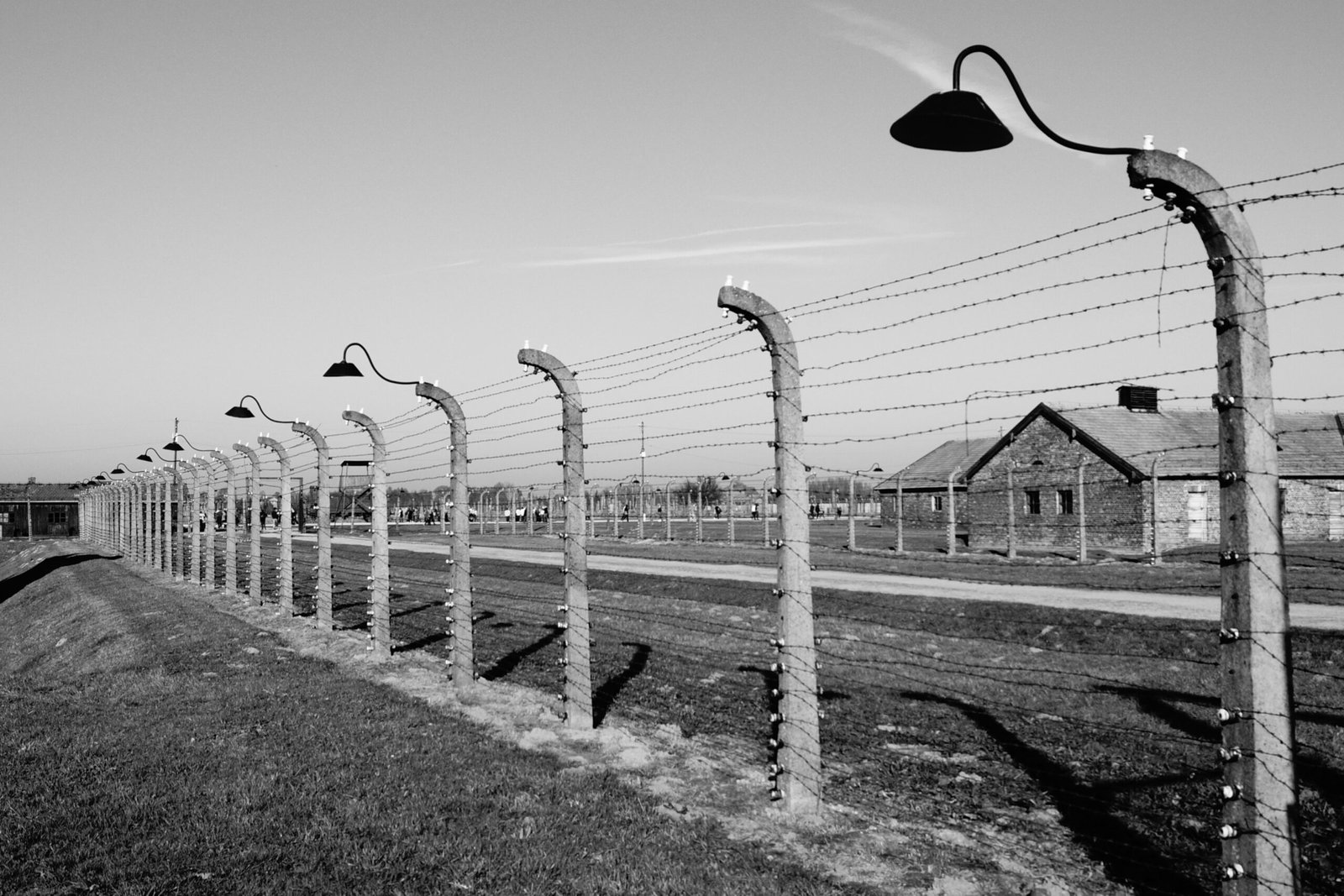
Visiting Hours
The Holocaust Museum is open to visitors during the following regular hours:
- Monday to Thursday: 10:00 AM to 5:20 PM
- Friday: 10:00 AM to 5:20 PM
- Saturday: 10:00 AM to 6:20 PM
- Sunday: 10:00 AM to 5:20 PM
Extended Hours for Special Events
On selected dates, the museum extends its opening hours for special events, such as lectures, film screenings, or panel discussions. These events provide additional opportunities for visitors to deepen their understanding of the Holocaust and its broader historical context.
Holiday Closures
It’s important to note that the Holocaust Museum is closed on major holidays, including Thanksgiving Day, Christmas Day, and New Year’s Day. Visitors are encouraged to check the museum’s website or contact their visitor services for specific information on holiday closures.
Tickets and Pricing
General Admission Fees
The Holocaust Museum offers free admission to all visitors. However, due to the high demand, especially during peak seasons, it is highly recommended that visitors obtain timed-entry passes in advance. These passes can be reserved online through the museum’s official website or obtained in person at the museum’s ticket desk.
Discounted Tickets
While general admission to the Holocaust Museum is free, there may be fees associated with special events, programs, or temporary exhibits. Some of these offerings may have discounted rates for students, seniors, and military personnel. It is advisable to check the museum’s website or contact their visitor services for the most up-to-date information on ticket pricing and discounts.
Special Packages
The Holocaust Museum occasionally offers special packages that combine general admission with other features, such as access to guided tours, special exhibitions, or educational workshops. These packages provide visitors with a more immersive and comprehensive experience of the museum. Details about any ongoing special packages can be found on the museum’s website or by contacting their visitor services.
Exhibitions and Collections
Permanent Exhibits
The Holocaust Museum showcases a range of permanent exhibits that chronicle the history of the Holocaust in a compelling and informative way. These exhibits feature artifacts, photographs, documents, and personal testimonies that provide visitors with a deeper understanding of the Holocaust. From the rise of Nazism to the horrors of concentration camps, the museum’s permanent exhibits allow visitors to engage with the history on a personal and emotional level.
Temporary Exhibits
In addition to its permanent exhibits, the Holocaust Museum also offers temporary exhibitions that explore various aspects of the Holocaust, as well as related topics such as human rights and genocide prevention. These rotating exhibits offer a fresh perspective and further opportunities for visitors to expand their knowledge and understanding of the Holocaust.
Online Collections and Resources
For those unable to visit the museum in person, the Holocaust Museum provides online access to a vast collection of resources, including photographs, documents, survivor testimonies, and educational materials. These online collections and resources serve as a valuable tool for researchers, educators, and individuals seeking to learn more about the Holocaust from anywhere in the world.
Educational Programs and Events
Guided Tours for Visitors
The Holocaust Museum offers guided tours conducted by knowledgeable docents who provide insightful commentary and facilitate meaningful discussions. These tours provide visitors with a comprehensive overview of the museum’s exhibits and help to contextualize the historical events and personal narratives that are presented. Guided tours can be reserved in advance and are available in various languages to cater to diverse audiences.
Educational Workshops and Seminars
To further enhance the educational experience, the museum organizes workshops and seminars targeted at students, teachers, and the general public. These interactive sessions delve deeper into specific aspects of the Holocaust, allowing participants to engage in dialogue, ask questions, and learn from experts in the field. Topics may include the role of bystanders, the psychology of perpetrators, or the challenges of reconciliation in post-genocide societies.
Public Events and Guest Speakers
The Holocaust Museum frequently hosts public events that feature guest speakers, such as Holocaust survivors, historians, or human rights activists. These events offer unique opportunities for visitors to hear firsthand accounts, gain insights from prominent experts, and engage in meaningful discussions on topics related to the Holocaust and its lasting impact on society. Details about upcoming events can be found on the museum’s website or by contacting their visitor services.
Visitor Amenities
Museum Cafeteria and Restaurants
To ensure visitors have a comfortable and pleasant experience, the Holocaust Museum provides onsite dining options. The museum cafeteria offers a variety of freshly prepared meals, snacks, and beverages to suit different dietary preferences. Additionally, there are other restaurants and cafes located nearby for those who wish to explore more culinary options.
Gift Shops and Bookstores
Visitors can take a piece of the Holocaust Museum home with them by visiting the gift shops and bookstores located within the museum. These shops offer a wide range of educational materials, books, documentaries, memorabilia, and unique gifts that allow visitors to continue their exploration of the Holocaust beyond their visit to the museum.
Accessibility Features
The Holocaust Museum is committed to ensuring accessibility for all visitors. In addition to the physical accommodations mentioned earlier, the museum also offers tactile graphics and descriptions for visually impaired visitors. Visitors can request braille guidebooks and audio tours, providing a more inclusive and informative experience for individuals with visual impairments.
Transportation and Parking
Public Transportation Options
The Holocaust Museum is conveniently located near several public transportation options, making it easily accessible for visitors. Metrobus, Metrorail, and various public transportation routes serve the area, connecting the museum to different parts of the city. Detailed information on the most convenient routes and schedules can be found on the museum’s website or by contacting their visitor services.
Parking Facilities
For visitors who prefer to drive, the Holocaust Museum provides parking facilities. However, it’s important to note that parking spaces are limited and can fill up quickly during peak visiting hours. It is advisable to arrive early or consider alternative transportation options to ensure a smoother visit. Detailed information about parking fees and availability can be obtained from the museum’s website or visitor services.
Drop-off and Pick-up Zones
To accommodate visitors who require drop-off or pick-up services, the museum has designated zones near its entrance. These zones provide a convenient and accessible option for visitors who may have mobility challenges or simply wish to be dropped off closer to the museum’s entrance.
Nearby Attractions
Sightseeing Spots Near the Museum
While visiting the Holocaust Museum, visitors can also explore nearby attractions that are within walking distance or a short drive away. The museum’s location in Washington, D.C. offers easy access to iconic landmarks such as the National Mall, the Lincoln Memorial, the U.S. Capitol, and the Smithsonian Institution. These attractions provide visitors with further opportunities to immerse themselves in the rich history and culture of the city.
Other Museums and Historical Sites
Washington, D.C. is renowned for its wealth of museums and historical sites. Visitors to the Holocaust Museum may also be interested in exploring other nearby museums, such as the National Museum of American History, the National Gallery of Art, or the United States Holocaust Memorial Museum. These institutions offer diverse perspectives on history, art, and culture, providing visitors with a well-rounded experience.
Restaurants and Entertainment Venues
After a visit to the Holocaust Museum, visitors can indulge in the culinary delights and entertainment options available in the surrounding area. Washington, D.C. offers a vibrant food scene with a wide variety of cuisines to suit every palate. Additionally, the city boasts numerous theaters, concert halls, and entertainment venues that showcase performances ranging from live music to Broadway shows, ensuring that visitors can continue to enjoy their stay in the nation’s capital.
Guidelines and Visitor Policies
Photography Policies
Photography is permitted within the Holocaust Museum, but certain restrictions apply to ensure the privacy and respect of other visitors. Flash photography, tripods, and selfie sticks are not allowed. Additionally, there may be specific areas within the museum where photography is prohibited altogether. Visitors are encouraged to refer to the museum’s website or inquire with staff for specific guidelines before taking photographs.
Food and Drink Restrictions
To help preserve the exhibits and maintain the cleanliness of the museum, food and drinks are not allowed in the exhibition areas. However, the museum’s cafeteria and designated eating areas provide ample space for visitors to enjoy refreshments during their visit. It is important to respect these restrictions to ensure a pleasant experience for all visitors.
Visitor Code of Conduct
The Holocaust Museum has established a visitor code of conduct to ensure a safe, respectful, and inclusive environment for all visitors. Visitors are expected to refrain from any disruptive or disrespectful behavior, including loud conversations, touching exhibits, or engaging in any form of discrimination or harassment. By adhering to the code of conduct, visitors can help create an atmosphere that promotes learning, understanding, and reflection.
In conclusion, the Holocaust Museum in Washington, D.C. stands as a powerful memorial and educational institution dedicated to preserving the memory of the Holocaust. Through its exhibits, programs, and resources, the museum serves as a beacon of remembrance, education, and hope. By exploring its history, understanding its purpose, and planning a visit, you can contribute to the ongoing preservation of this important chapter in human history.

